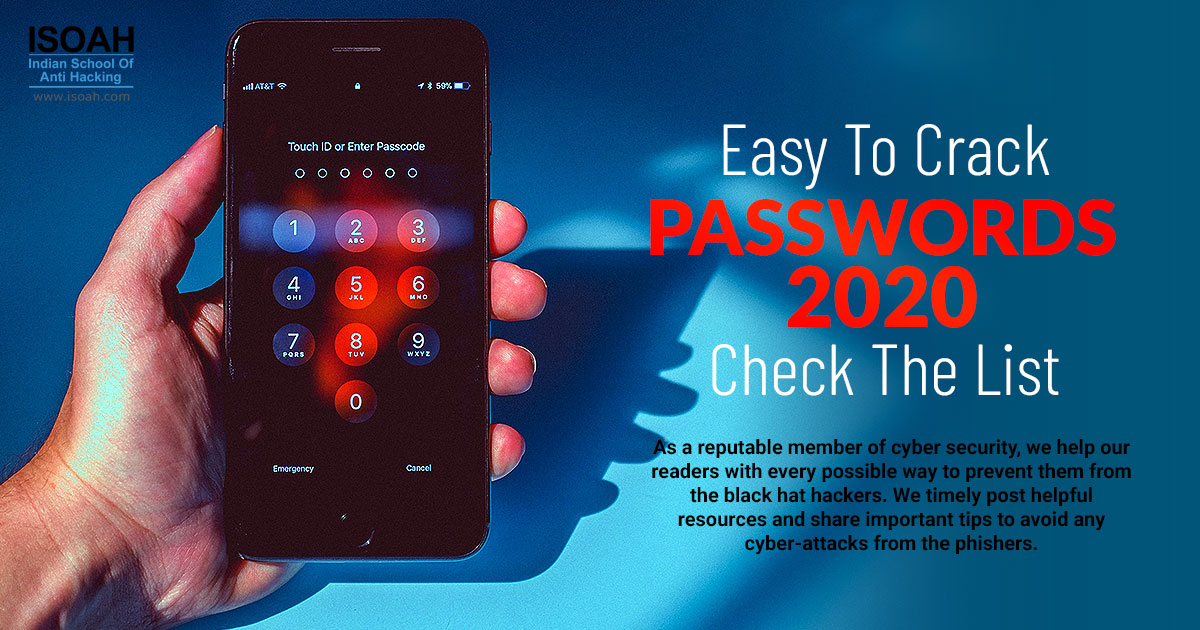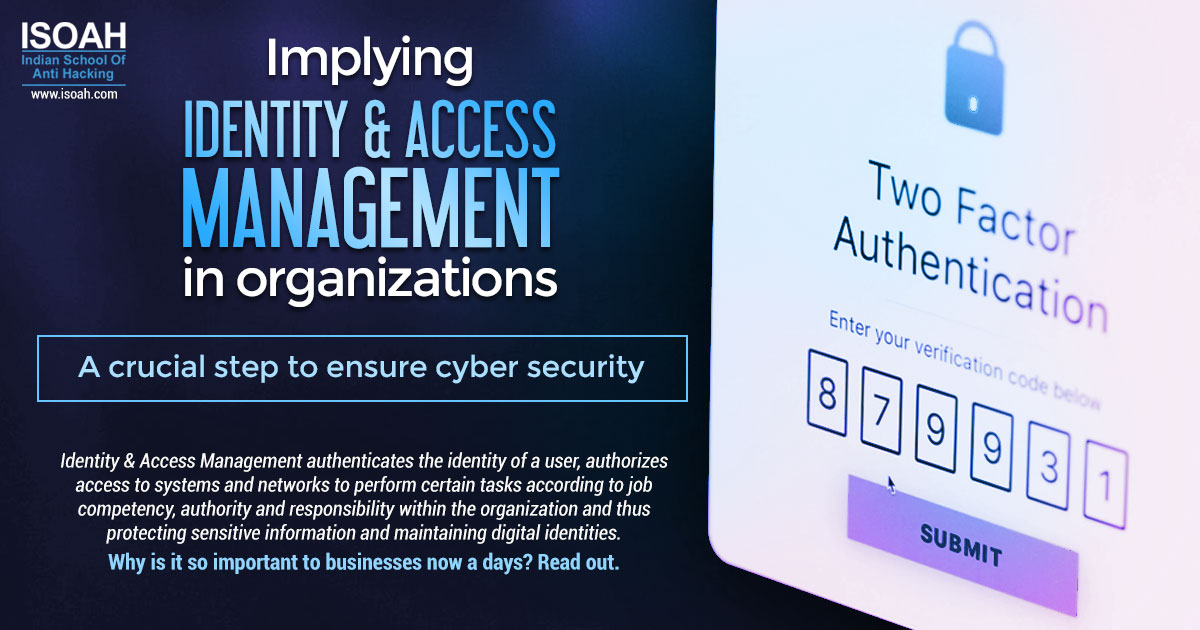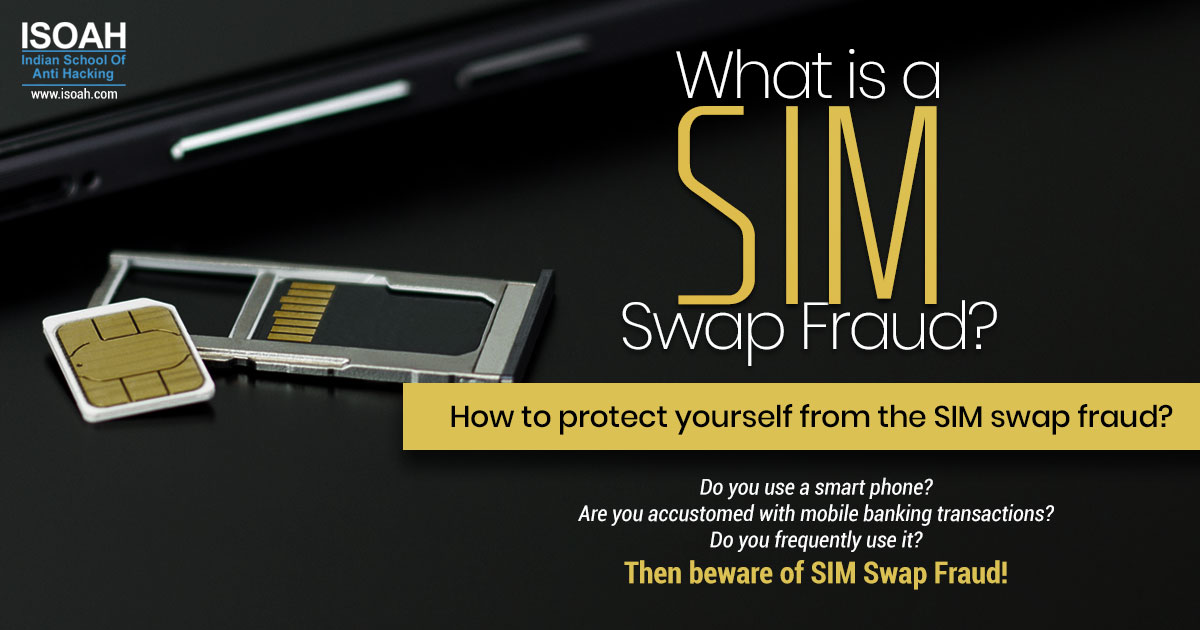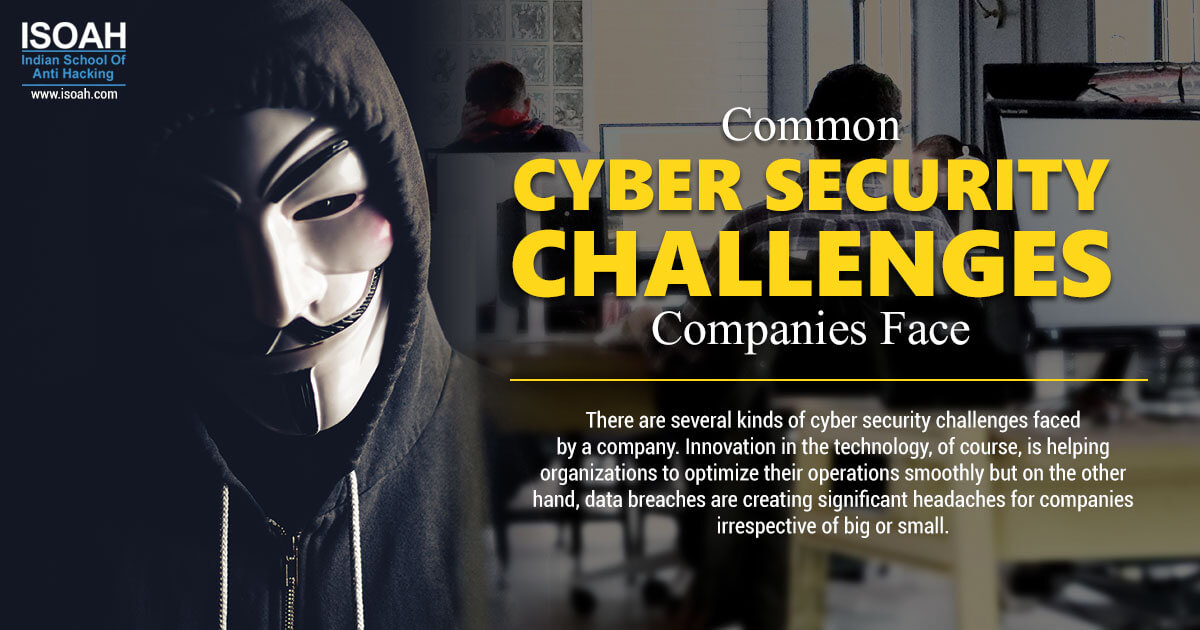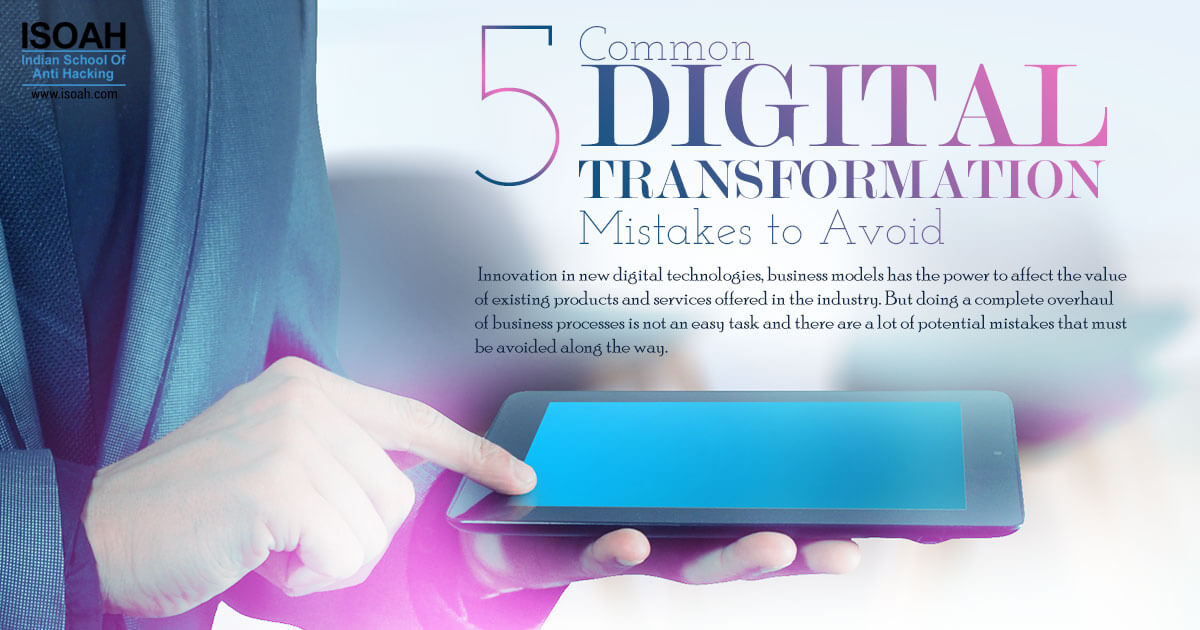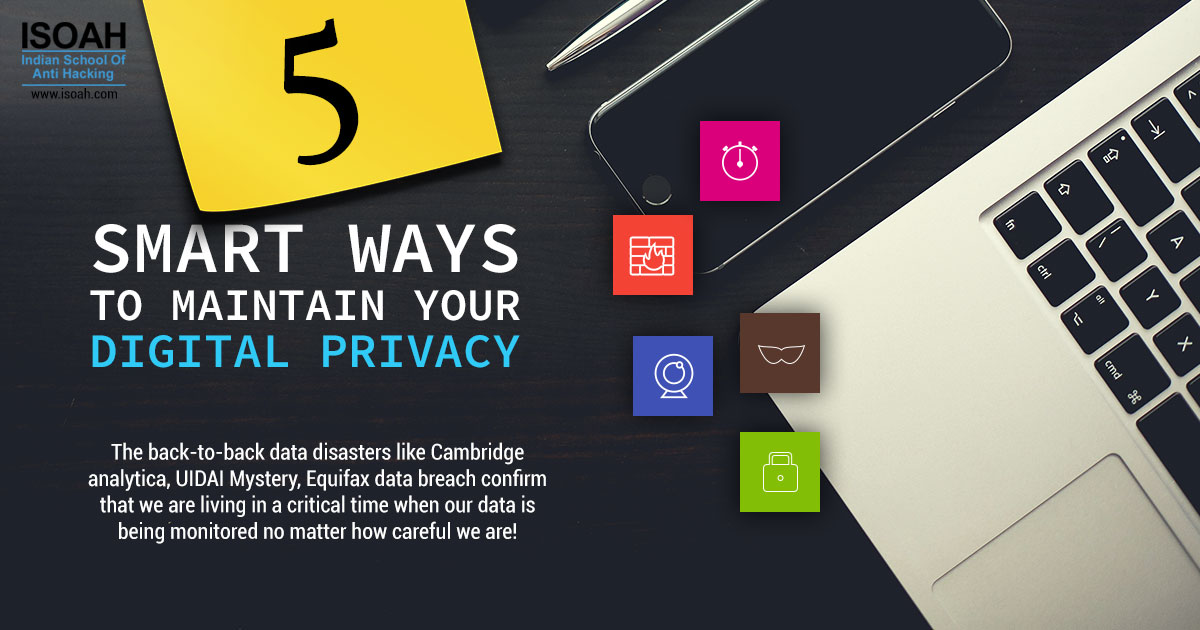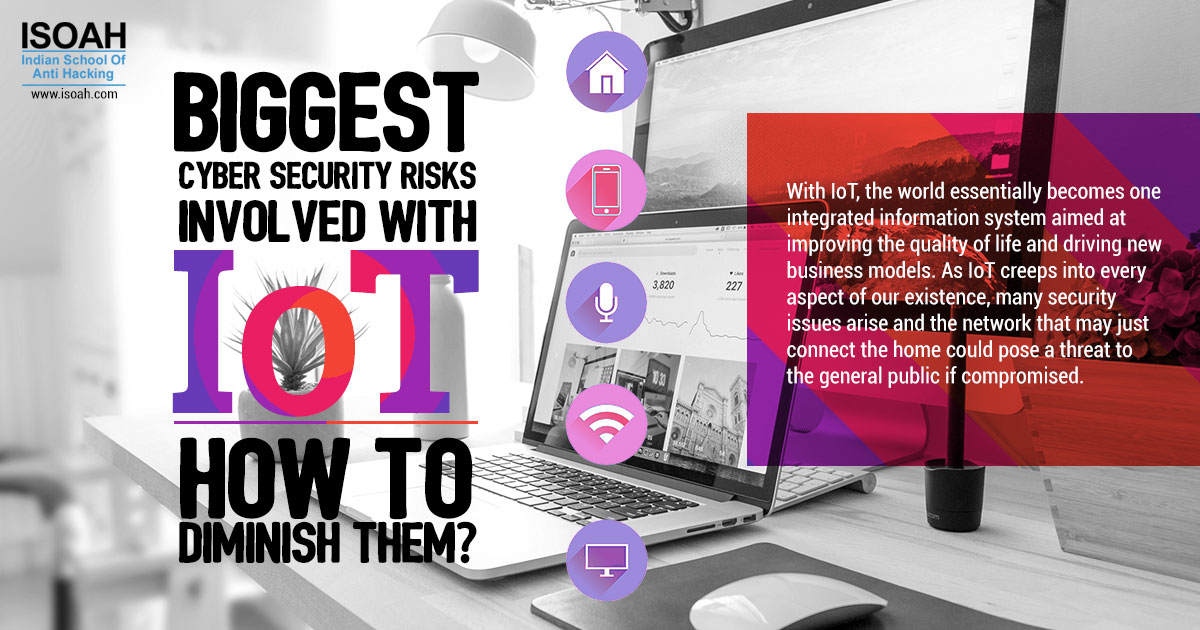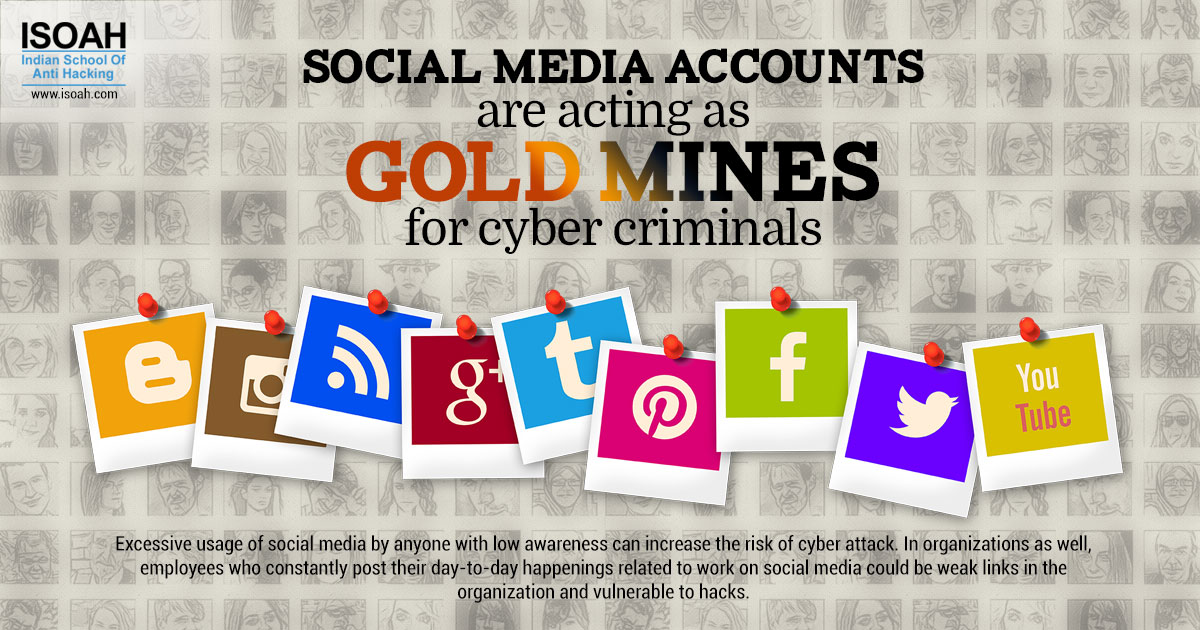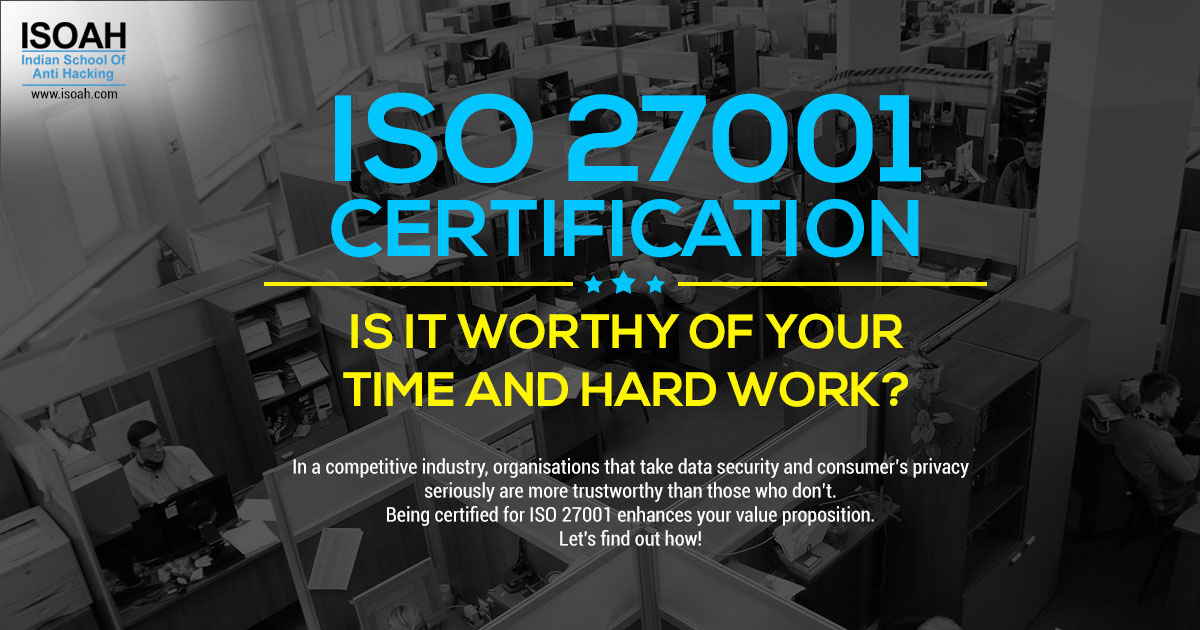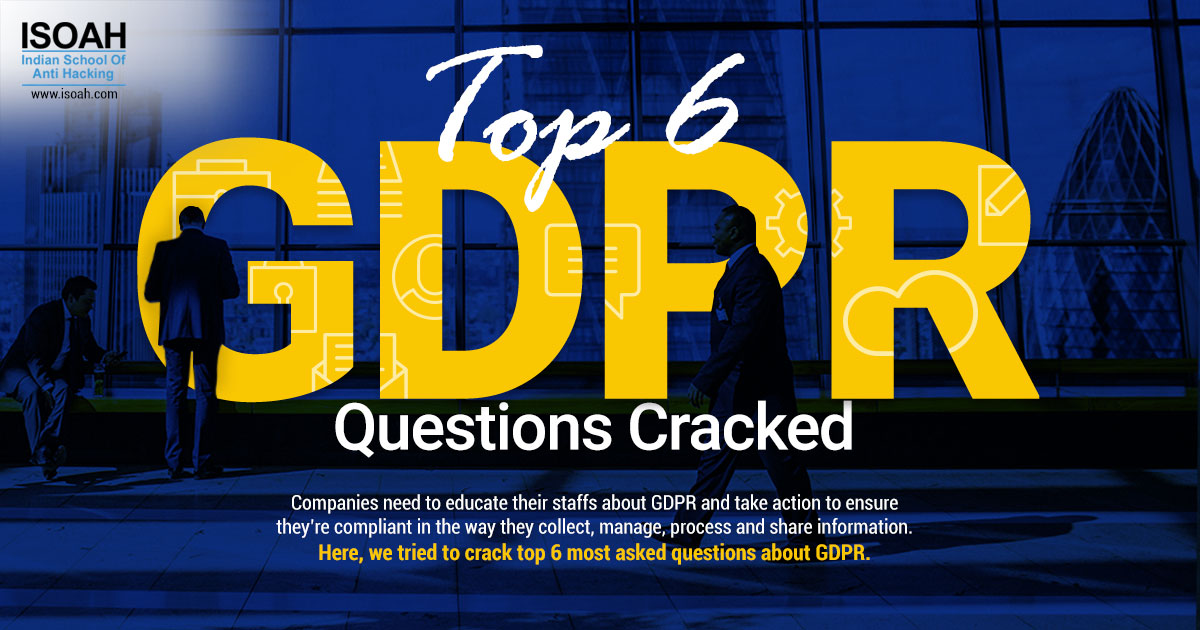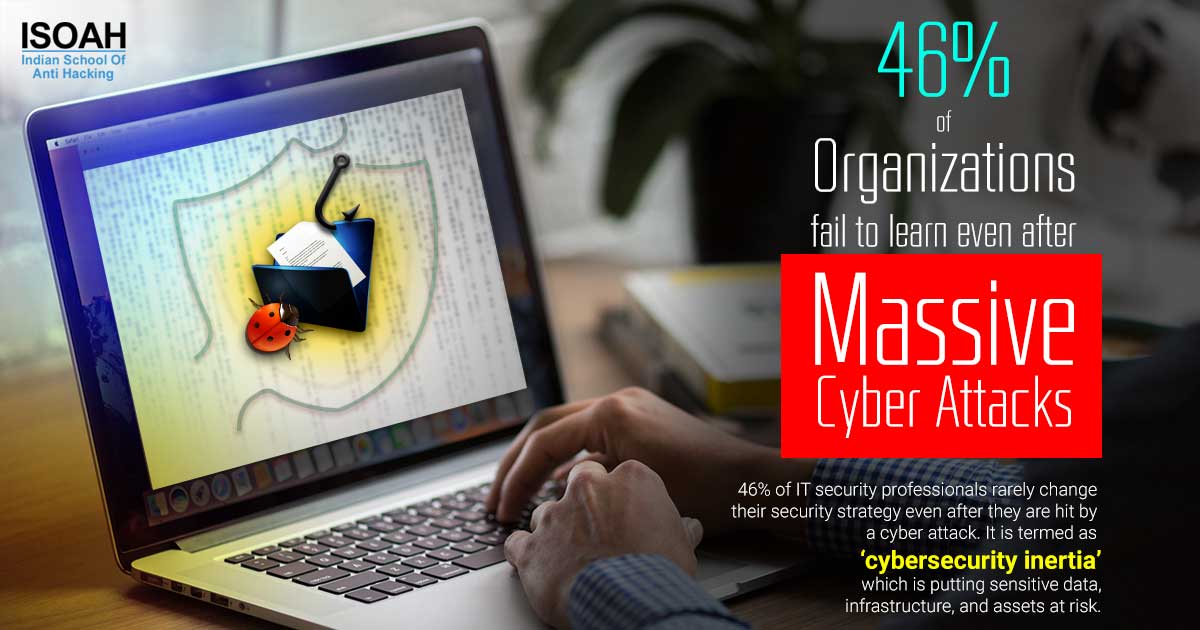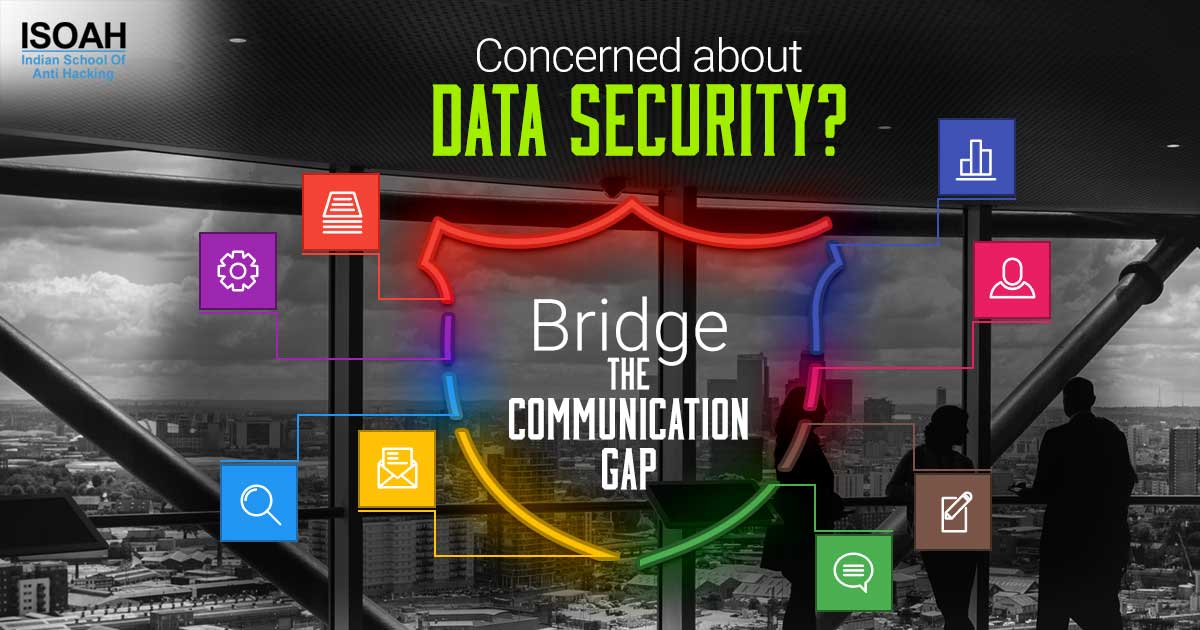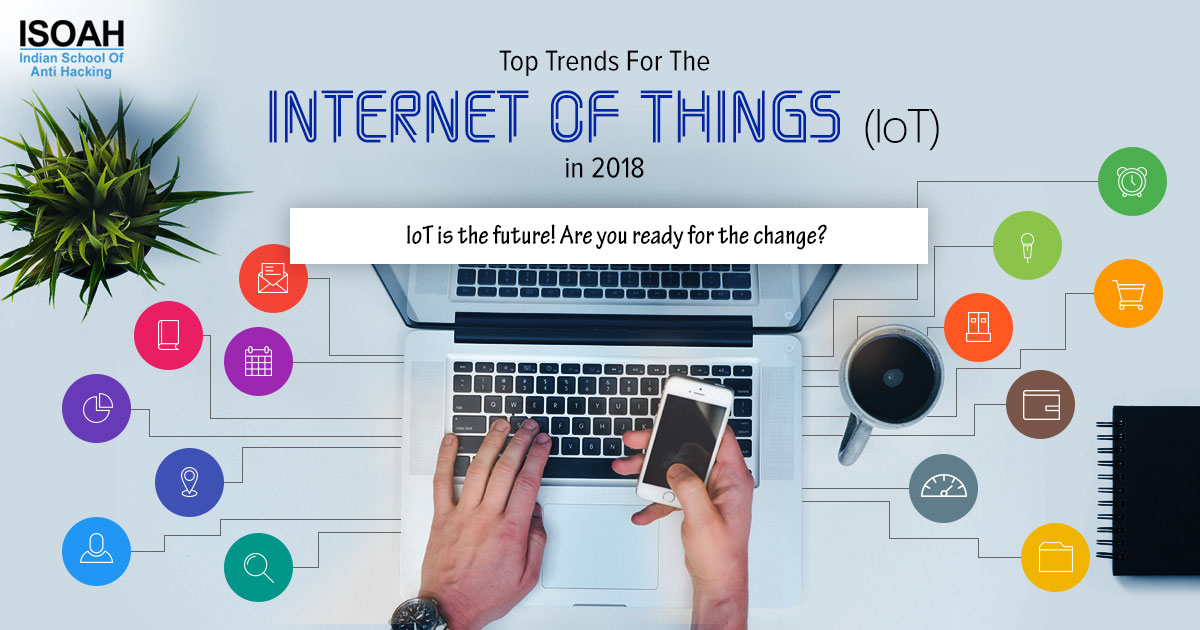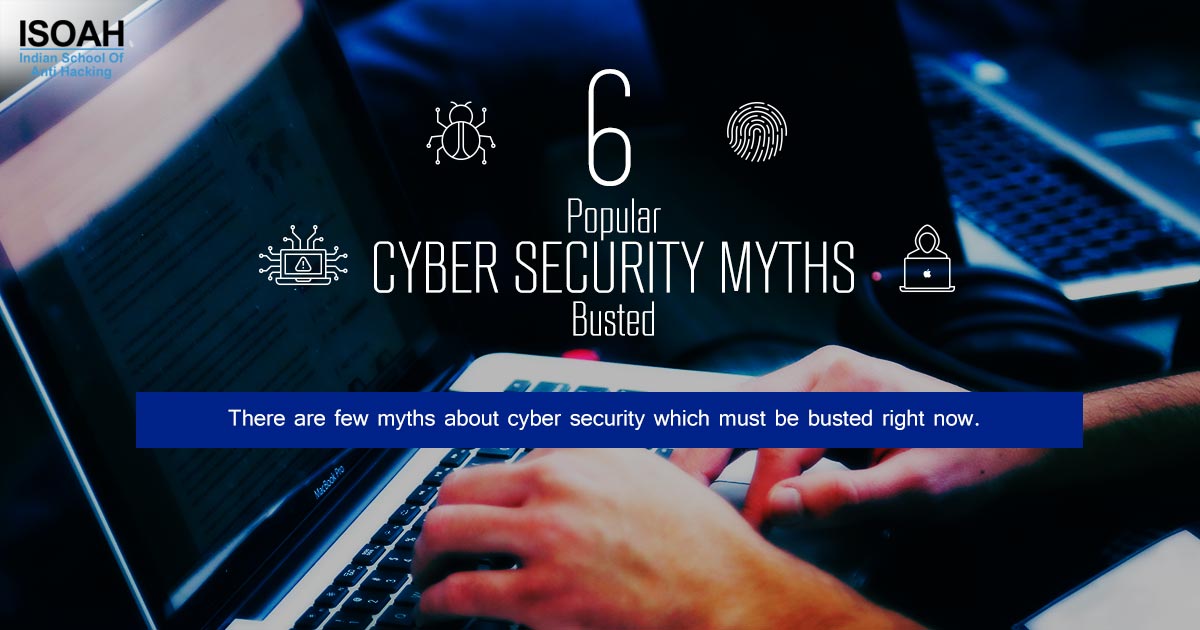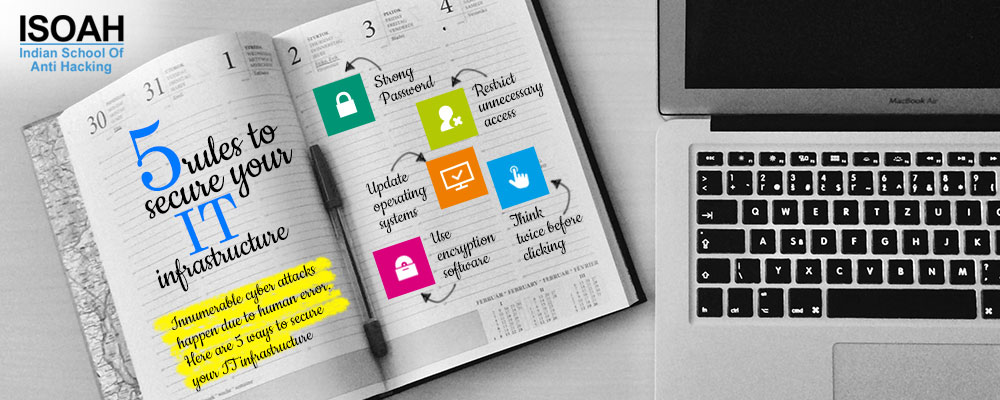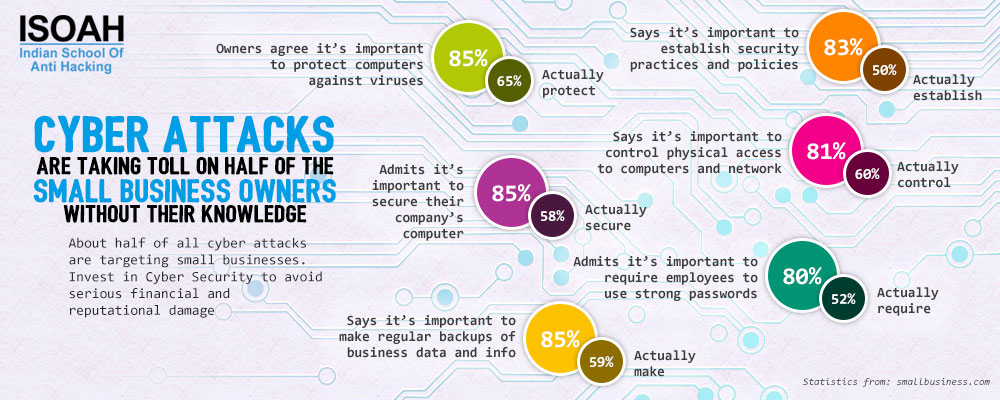Smart home revolution with IoT - Are you ready to embrace it?
Article: IoT
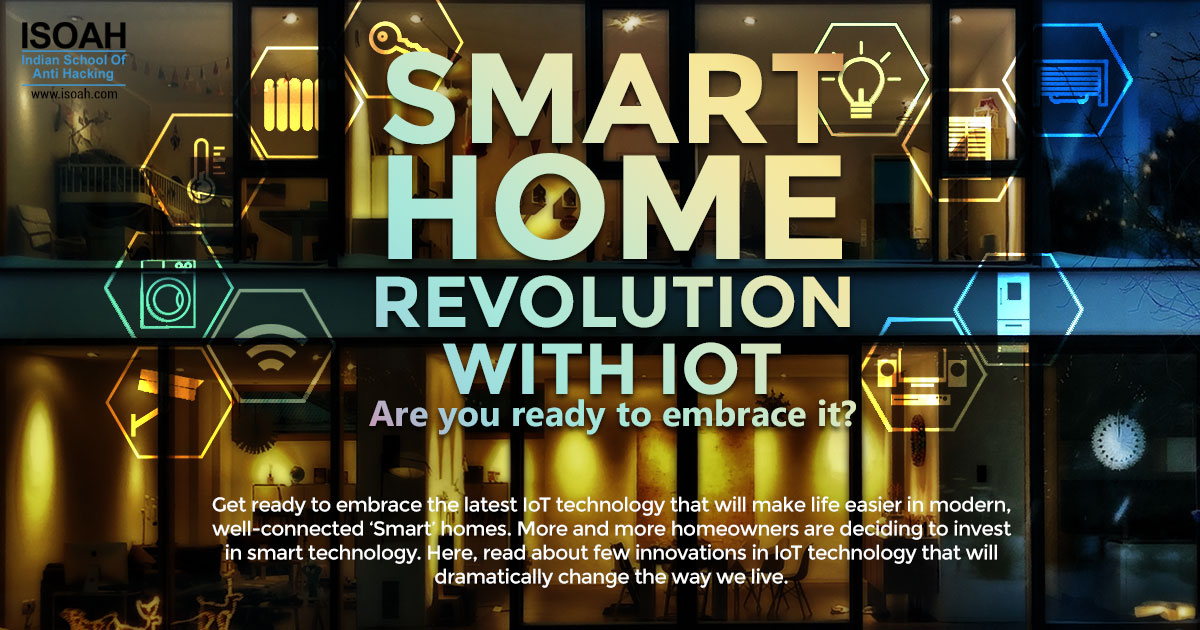
IoT is not only affecting how business houses are operating and managing their day to day activities but also changing the way of our living. Get ready to embrace the latest IoT technology that will make life easier in modern, well-connected 'Smart' homes. More and more homeowners are deciding to invest in smart technology. At present, there are 208 IoT companies dedicated to home solutions in the US alone with many hundreds more across the world.
The revolutionary IoT technology in Home automation provides security, comfort, convenience and energy efficiency with the help of smart devices and apps on their smartphones or other networked device. IoT technology in smart home systems is aimed at simplifying life – the devices operate together, share data within themselves, automate actions based on the preferences of the homeowners. In the next few years, home will not only remain a physical entity where we'll stay but a well connected entity which will also be critical information provider and command centre.
Here we'll discuss about few innovations in IoT technology that will dramatically change the way we live and allow the homeowners to take complete control of their living space:
1. Food processing at home:
Preparing food is often a big deal in the households where everyone is working professional. Preparing a complete meal is a time consuming affair and also, cooking good food requires skill. Latest IoT technology can ease the process. The smart technology in the home can lead to intuitive food ordering and also prepare complex meals with the help of capable cooking devices. All a user needs to do is, providing the ingredients.Smart devices are also able to deliver greater range of recipes and techniques which is contributing to greater quality of life. Intelligent refrigerators are making life easy where the owner can track the old and new ingredients. Automation is also helping owners with expiry notices and that, of course will be helpful to avoid food wastage.
2. Controlling home security:
Monitoring and controlling your home security from anywhere in the world is now possible through advanced IoT technologies. Indoor and outdoor security cameras, smart locks, video doorbells, biometrics such as optical and voice recognition – all these devices are used to ensure security while you are away. Geofencing technology that arms a system when no one is at home and disarms when the owner is back at home is already available. Smart systems can allow you to lock and unlock your house remotely, giving access to particular people like cleaning stuff or pet sitter to enter your house. One can open or close garage door with the swipe of a finger. Smart sensors can even manage wastage of water and prevent issues stemming from leaky dishwashers, washing machine etc.
3. Lighting and climate control automation:
The earlier solution to lighting automation was a wireless switch that's activated by sound, known as clapper. Now, smart assistants like Alexa, Siri helps to control and customize light by voice and smart dimmer switches adjust the brightness of the light so that it consumes less energy. Some thermostats come with integrated Wi-Fi that helps users to schedule, monitor and remotely control home temperature. The device can also report the energy consumption and remind users to change filters and other things. Artificial intelligence incorporated into IoT systems can observe homeowner behavior, identify preferences and automate on the occupant's behalf.
4. Health Monitoring:
IoT has great solutions when it comes to remote real timehealth monitoring of patients from the hospital as well as home. Sensors acquire data regarding patient's health, IoT stores them and displays through the website with which remote monitoring is becoming possible. Use of sensor reduces human error too. For aged people, in-house medical monitoring system that connects with other adults in the family, neighbors and emergency responders with the help of IoT is very helpful. IoT sensors are already being used for fall detection, opening and closing windows, measuring air quality, monitoring refrigerator temperatures or ensuring a stove burner is turned off.The system will also send notification to respective authority through SMS alert or email if any of the health parameters crosses the threshold value.
5. Preventive & predictive maintenance:
As stated earlier, homes will not remain just a physical entity but a command centre. In distant future, smart homes will notify the owner of impending plumbing disputes, appliance failures, electrical issues etc. to avoid home maintenance disasters. Home insurance companies are already aware of the changing nature of the homes with smart sensors and connected devices. Home IoT systems will allow insurers to reduce risk and payouts while giving lower rates to customers who install systems that proactively monitor their home to avoid damage.
Integration is the key:
IoT is proactively becoming the game changer in managing people's home – where their loved one stays.But we need to ensure that the latest IoT technology simplify modern life instead of turning it into a chunky mishmash of gadgets. All the devices should maintain the physical security of the home with the responsibility it holds. There are increasing number of ways to enhance the integration between the devices – so that all the devices talk to each other via a common bridge of communication.
Final thought:
Smart homes are here to stay making an impact on productivity and sustainability, redefining the way we are living our lives. Home automation is ensuring efficiency in energy consumption, security, remote monitoring keeping track of the user preferences. Less energy consumption means it is also saving the money. When refrigerators are notifying the users about the expiry date of the eatable, it is also preventing wastage and thus saving money. Proper utilization of resources will help the owners to manage their finances well.
In spite of all these benefits, we must not forget that home automation is still in its initial stage and there are a lot of inventions to happen. One of the most vital drawbacks of home automation is its complexity. Most of people are not yet well accustomed to operate the devices. Another biggest issue regarding smart homes is its security. If hackers are able to compromise a smart device, they could potentially turn off the lights and alarms, unlock the door and break-in easily making the home defenseless. They can also attack the owners network and hamper data privacy. Read about cyber security risks involved with IoT.
Every innovation comes with its pros and cons. The smart home revolution with IoT has already started. We can expect that in near future it will be able to surpass its drawbacks with new technical innovations. With constant improvement IoT technology will lead us one step ahead and the transformation will be supported by insurance companies, home maintenance firms, security firms, healthcare providers and more.
